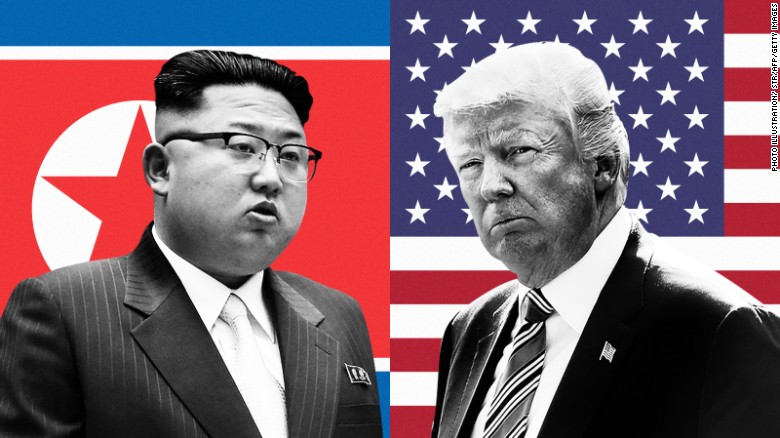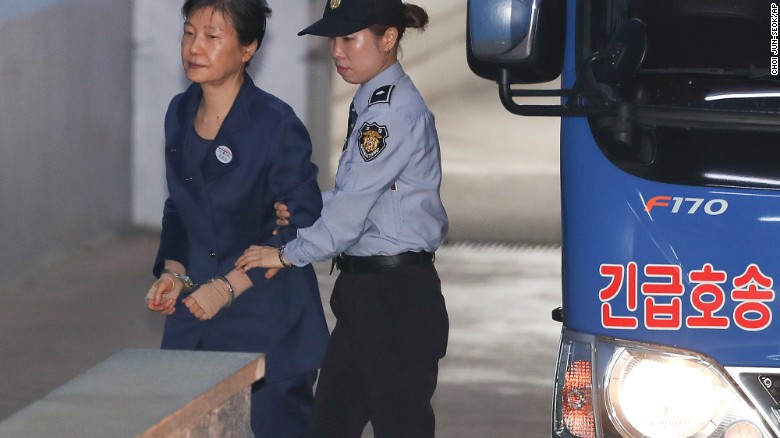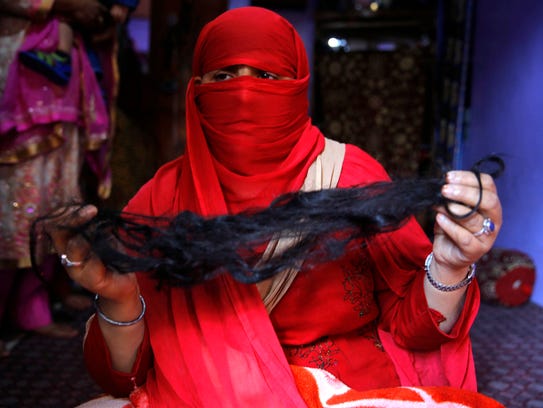By: Brian Kim
Impunity Watch Reporter, Asia
SEOUL, South Korea – President Trump did not visit the demilitarized zone between North and South Korea during his trip to Asia from November 3 to 14. Every president since Ronald Reagan has visited the demilitarized zone with the exception of George W. Bush.

The demilitarized zone was created in 1953 at the end of the Korean War. The zone is around 1 ¼ miles in each country, and it is near the 38th parallel. Since there has never been a peace treaty after the war, the demilitarized zone is seen as a symbol of hostility between the North and the South.
Instead of visiting the demilitarized zone, the White House had chosen to visit Camp Humphreys and stated that this visit “would make more sense in terms of the President’s message.” Camp Humphreys is a joint US-South Korean military base about 40 mile south of Seoul. The White House further stated that visiting the demilitarized zone is “cliché.”
The White House in their report stated that the visit would allow the president to address U.S. and South Korean troops and relay his message on sharing the burden with the South Korean government.
Because of recent tensions with the North Korean leader, Kim Jong-un, the White House reported that North Korea would be at the top of the president’s agenda.
Previously, Vice President Mike Pence, Defense Secretary James Mattis, and Secretary of State Rex Tillerson have all visited the demilitarized zone.
During his trip to Asia, President Trump visited South Korea, Japan, China, Vietnam, and the Philippines.
For more information, please see:
ABC – President Trump will not visit Korean demilitarized zone, official says – 31 October, 2017
Reuters – Trump will not visit DMZ during Asia trip: official – 31 October, 2017
CNN – White House says Trump will not visit DMZ – 31 October, 2017
Newsweek – TRUMP WON’T VISIT DMZ ON ASIA TRIP BECAUSE IT’S BECOMING “CLICHE” – 31 October, 2017



